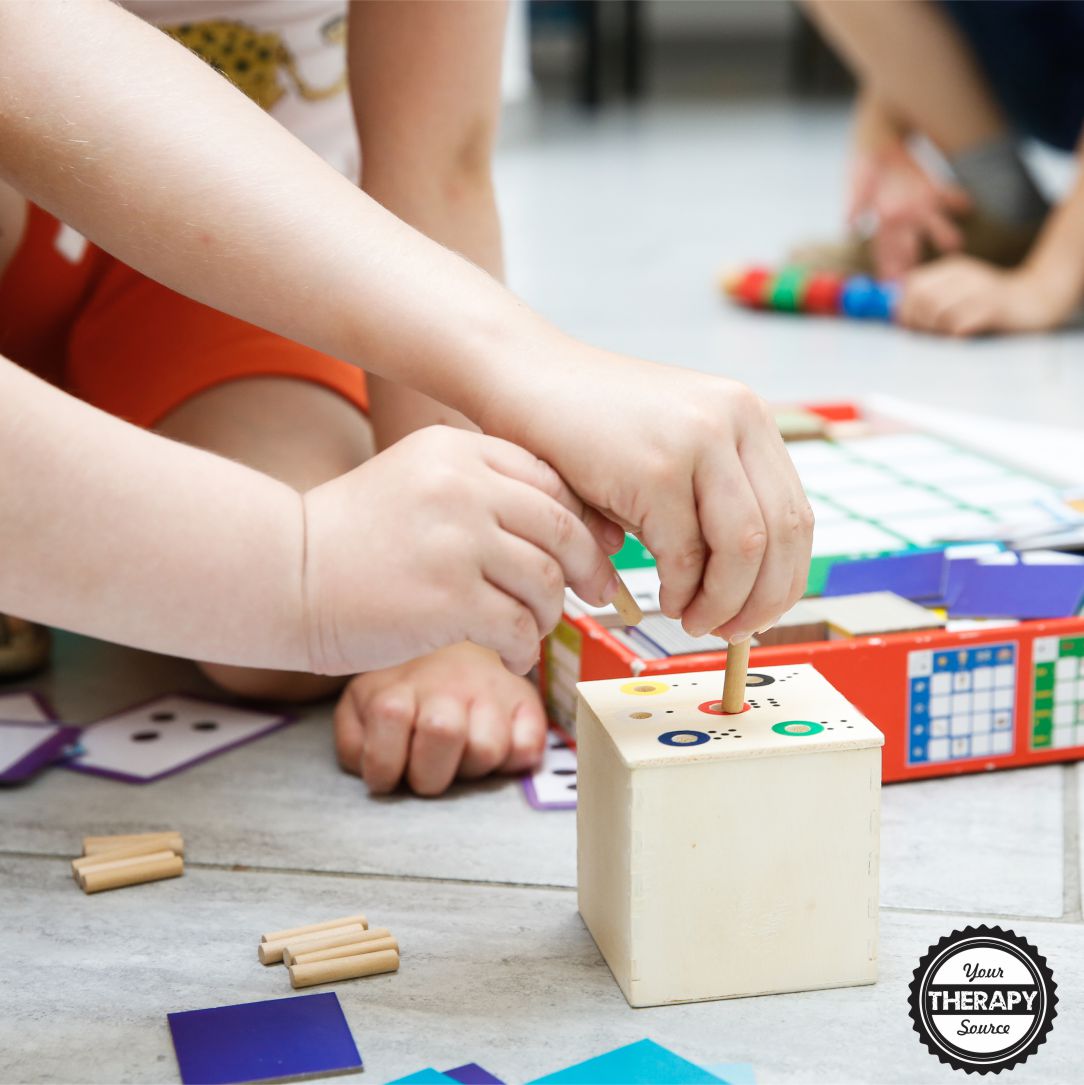Therapies We Offer
Psycho-Educational Assessments
Psycho-educational assessment provides estimates of the client’s intellectual, or cognitive, abilities and educational achievement levels. It also yields recommendations relevant for educational planning. Sources of assessment data include background information, educational history, and records and data from tests of intelligence and educational achievement and, at times, ratings tests of attention, behavior/emotions, and adaptive behavior.
Psycho-educational assessment is designed to answer these questions: Does the client have a learning disability(ies)? Mental retardation?
Attentional problems? What are the client’s academic and cognitive abilities, strengths, and weaknesses? What are appropriate educational recommendations? Accommodations? While learning, not emotional problems, is the focus of psycho-educational assessment, behavior/emotional and medical issues may need to be addressed in psycho-educational assessment. Compiling, integrating, and analyzing all assessment data yield educational and other relevant recommendations.







